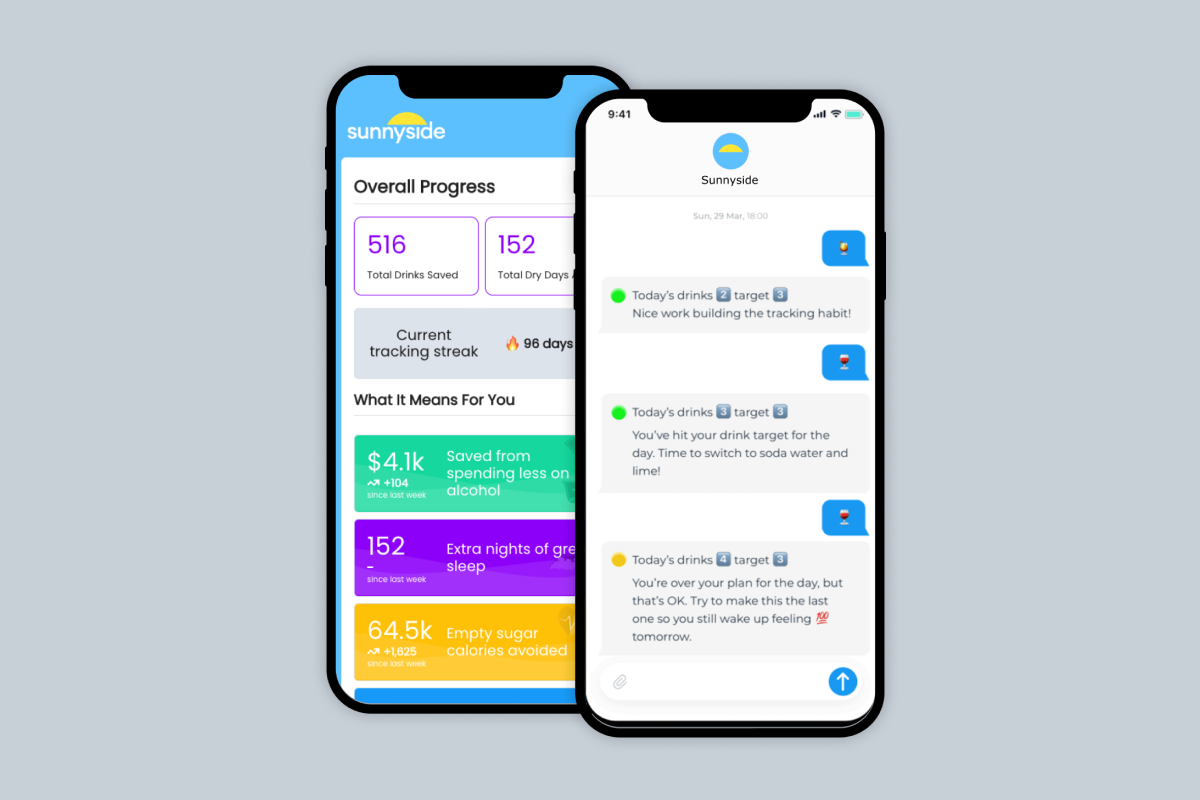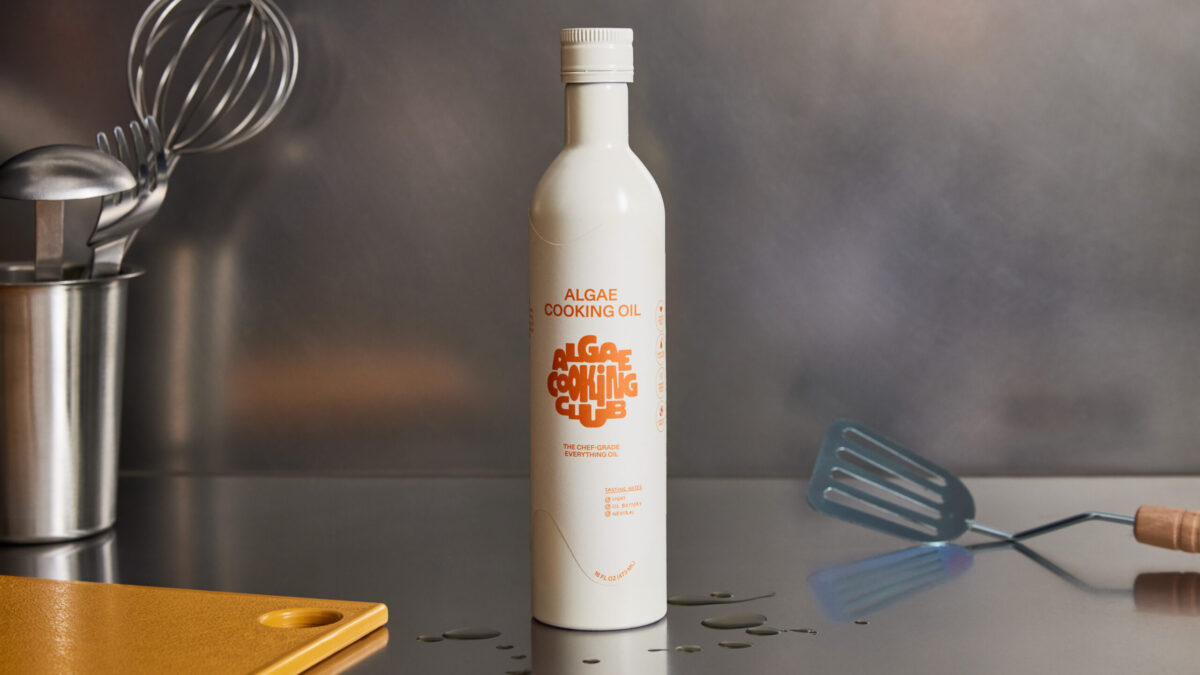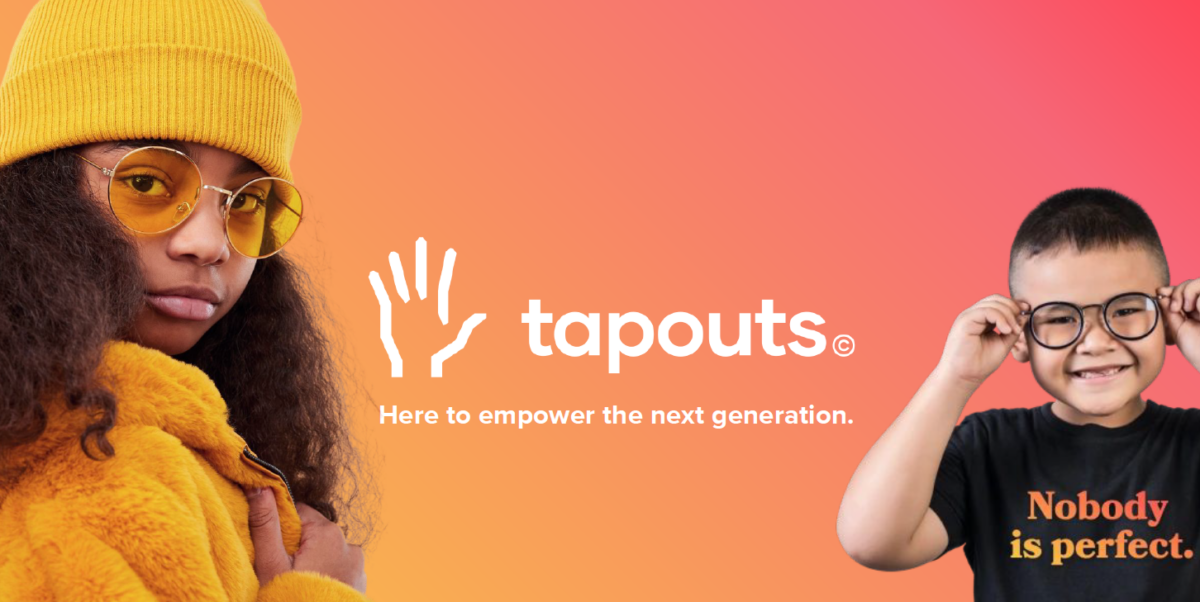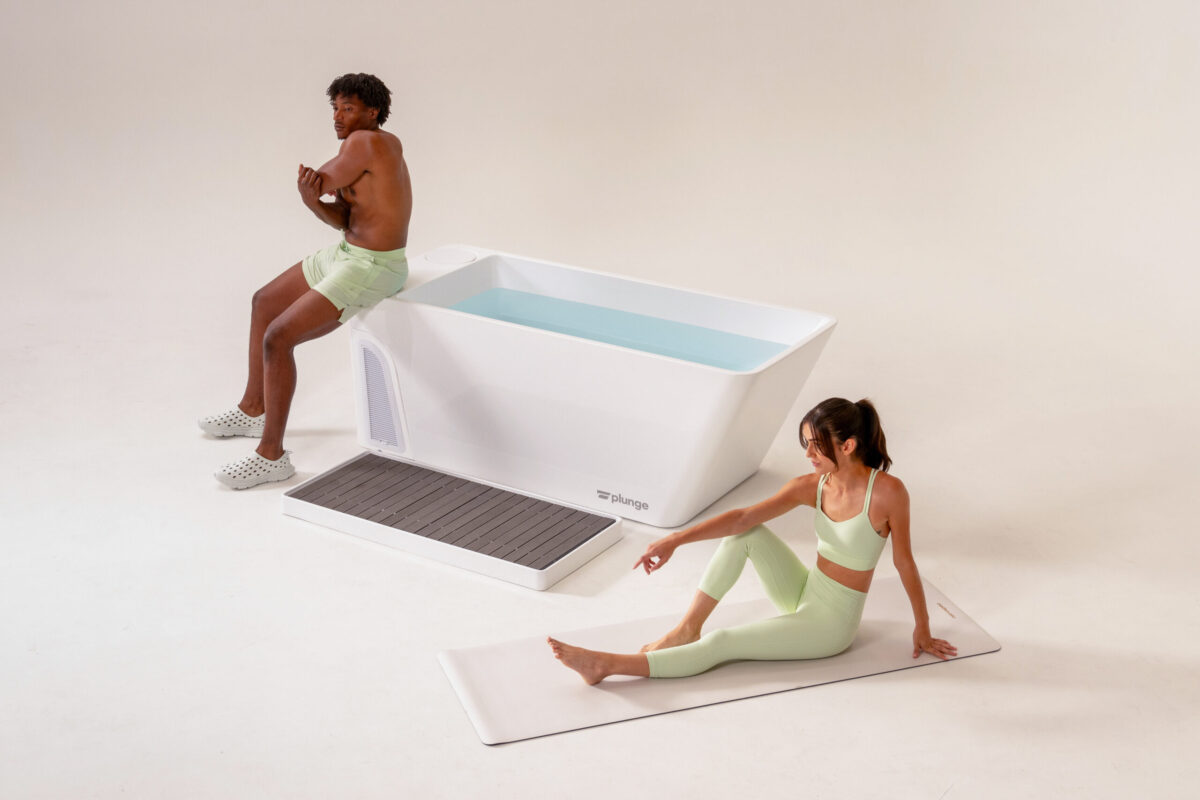Startup Q&A is an interview series showcasing health, fitness, and wellness companies.
In this Q&A, you’ll hear from Nick Allen, co-founder & CEO of Sunnyside, a mindful drinking platform for better overall wellness. Nick shares how he and his co-founder’s relationships with alcohol drove them to create an app for building healthier drinking habits.
Can you tell us about what you’re working on at Sunnyside?
Nick Allen: Sunnyside is a mindful drinking platform that helps anyone who drinks alcohol improve their overall wellness by building healthier drinking habits.
Unlike every other player in the alcohol health space, we focus on mindfulness and moderation—NOT sobriety—providing an alternative to the all-or-nothing approach that has dominated the landscape for decades.
We believe that with this approach, we can change the conversation around alcohol and our health from one that’s negative, somber, and clinical—focused on the “problem drinker”—to one that’s positive and proactive, a high-leverage way to improve overall well-being for anyone who drinks.
How did you come up with the idea? What key insight led you to pursue this opportunity?
NA: My co-founder, Ian Andersen, and I have both had long family histories with alcohol. I grew up in a household with both of my parents in recovery from alcoholism, and Ian lost his mom when he was 11 due to complications related to excessive drinking.
For both Ian and I, our lived experience made us hyper-aware of the role that alcohol plays in our own lives, and the impact it can have if not managed proactively.
I built the system that became Sunnyside for myself after a period of less-than-healthy drinking led to the personal decision that it was time to be more intentional about my drinking habits. I set out to manage my alcohol in the same way I’d learned to manage diet, exercise, and mindfulness — with the help of technology to keep me on track and accountable.
In researching tools in the alcohol health space, I found a ton of apps and services focused on helping the “problem drinker” get sober but was surprised to find virtually nothing out there purposefully designed to help on the path to moderation and more mindful consumption.
This felt like a huge gap for the millions, like myself, who enjoy drinking and have no desire to quit entirely, and yet, who could benefit from healthier and more intentional drinking habits. By filling this gap, we’ll provide more options for those seeking a healthier relationship with alcohol, unlocking major improvements to overall health and wellness.
This is the “why” that motivates us each and every day.
How did you turn your idea into a company?
NA: Sunnyside started as a personal system for myself, designed around concepts from two books on habit change that really resonated with me: “Indistractable” by Nir Eyal and “Atomic Habits” by James Clear.
Applying the concepts of pre-commitment, progress tracking, and conscious interference to my drinking had an immediate impact on my consumption, and the changes I made stuck, unlike any other personal system I’d attempted in the past. With my own success, I was curious to see if others would see similar results.
Still not really in business building mode, I shared a very simple (and entirely manual) version of the system with a few friends who I knew also had a tendency to overdo it with their drinking. When they achieved similar results, and engaged deeply with the system over the course of a couple of months, the lightbulb went off that this could help a lot more people.
I started posting on Reddit about my own experience and found a community of others also seeking to make a change to their drinking patterns, without quitting entirely. It felt like the opportunity was hiding in plain sight.
Around this time, Ian (one of the beta users) shared with me that alcohol had had a profound impact on his family like it had on mine. We started spending a lot of time together talking about the opportunity, refining the concept, and generally exploring what a business in this space might look like.
After a number of these types of conversations, Ian and I decided to “tie the knot” as co-founders and start the entrepreneurial journey together. We launched a very rough version of the product in the middle of 2020. It was energizing to see that lots of people not only expressed interest in the service but actually signed up and started engaging despite some very rough edges of the experience.
Early engagement and traction led us to a seed fundraise in December of 2020, and we were off to the races.
How big can this get? What’s the addressable market and how do you go about capturing it?
NA: Nearly one in three US adults consumes what the CDC defines as an “excessive” amount of alcohol. And today, less than 2% of excessive drinkers get help to change their drinking habits.
That leaves the remaining 98%—roughly 67M people in the US alone—who are missing a major opportunity to improve their overall health by developing healthier habits around their drinking.
Our key insight—earned through thousands of conversations with drinkers over the last two years—is that the vast majority of excessive drinkers have no desire to quit drinking entirely. By focusing exclusively on moderation, Sunnyside expands the addressable market for alcohol health services dramatically.
We’re building towards a world where tracking drinks is as common as tracking diet and exercise — a component of our proactive wellness toolkits. Achieving this goal will allow us to help millions of people live healthier and more fulfilled lives and gives us an opportunity to build a great business in the process.
Who is the core customer? How are you acquiring customers? And how will you grow the customer base?
NA: We’re focused on anyone who regularly drinks alcohol, which is 70% of the US adult population. More specifically, 47% of US adults indicate wanting to cut back on how much they drink, which means our addressable market is about half of all adults.
The key to acquiring customers now—and growing our business and addressable market over time—is to change the conversation around alcohol and health from one that’s grounded in shame and negativity to one focused on the positive, proactive reasons to manage alcohol in the context of our overall wellness.
We’re doing this by helping customers understand the myriad of benefits of drinking more mindfully, from improving sleep to losing weight, reducing anxiety, and slowing the effects of aging, among many other broad benefits.
By breaking the accepted paradigm that only “problem drinkers” need to actively manage their drinking, we’ll open the category to millions more consumers. This starts with a friendly brand that carries through to every touchpoint we have with customers and prospects, from awareness through to activation and long-term engagement.
Looking at your road map, what are some of the milestones you’re targeting over the next 3-6 months?
NA: We started our service as web and SMS-based first, believing strongly in the power of text messages to drive daily engagement and habit change efficacy. This system has served us extremely well thus far, but the next chapter of our product vision will include an expanded experience powered by native apps.
We’ll use this new surface to double down on personalization and insights to help members contextualize their progress in the bigger picture of their overall health — and also connect with others who are on the journey with them.
Anything else you’d like to share with readers?
NA: The key message I like to remind people about is that if you’re interested in improving your overall wellness, changing your drinking habits can be one of the highest-leverage investments you can make.
This one change can have a profound impact on virtually every other area of your health — and it doesn’t need to be all or nothing to feel the benefits.
Nearly three out of four people report drinking more over the last couple of years as a result of pandemic stress, so if this sounds familiar, you’re actually in the majority.
Come give us a try, and see what the positive approach to healthier drinking feels like. You’ll feel the difference.
Related reading from Fitt Insider:
Issue No. 114: The Impact of Dry January
Issue No. 175: The Functional Beverage Boom
If you’re interested in having your company featured in our Startup Q&A series, send an email to team@fitt.co.



